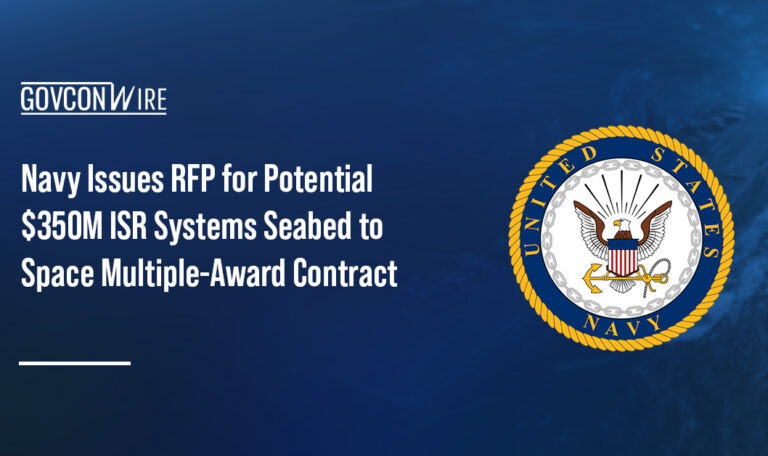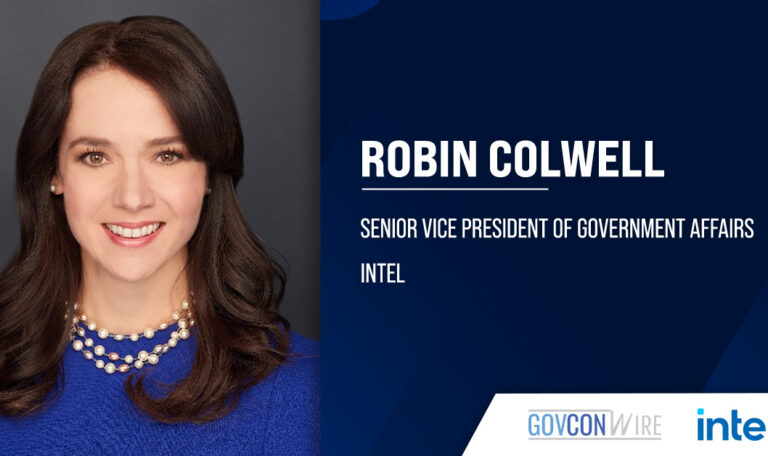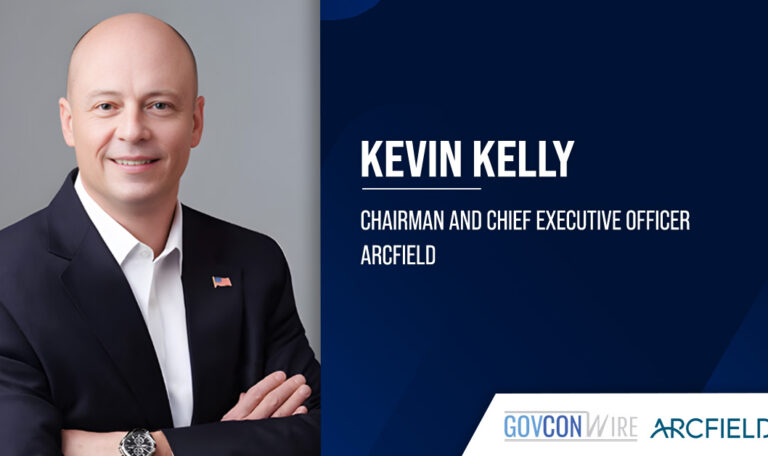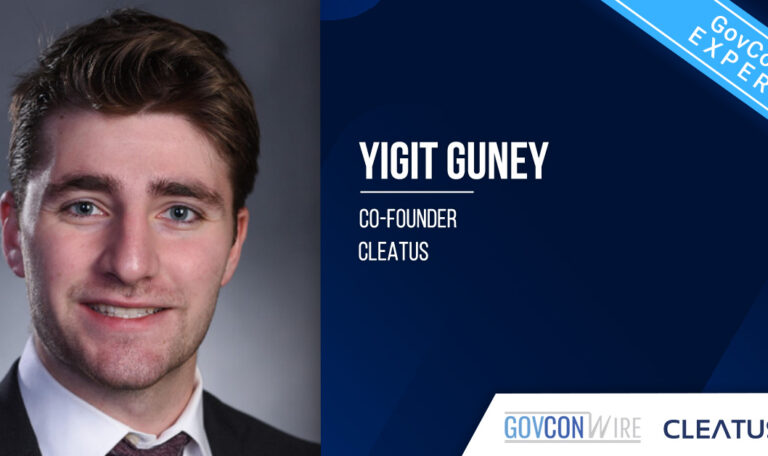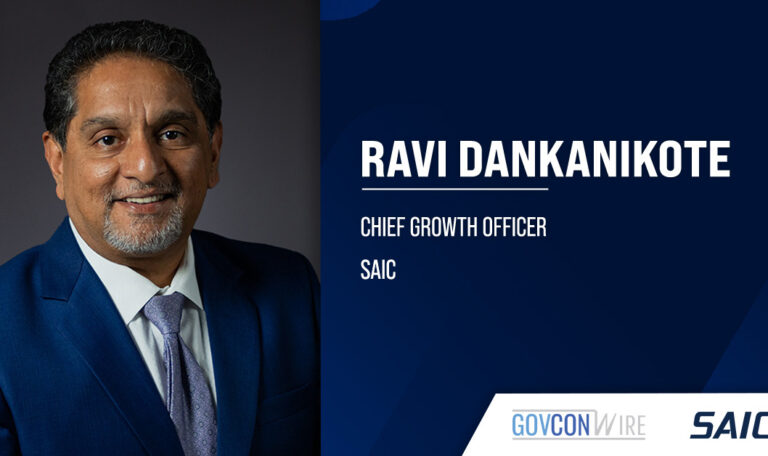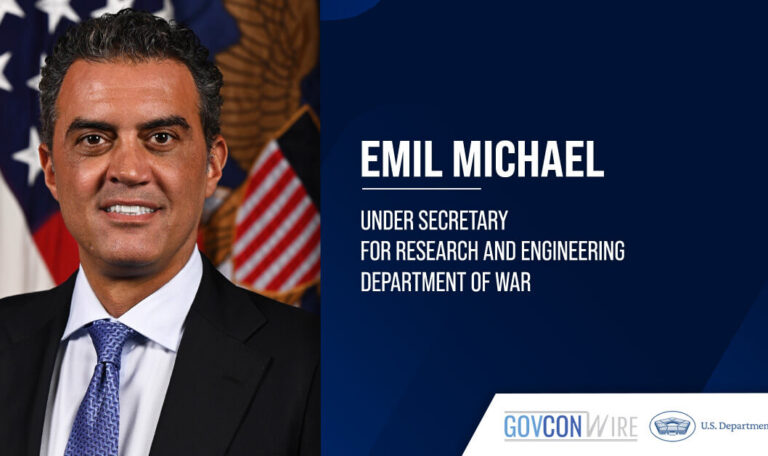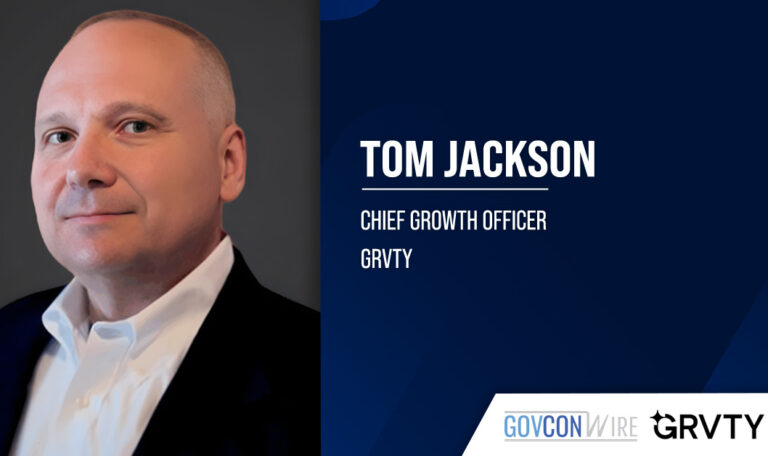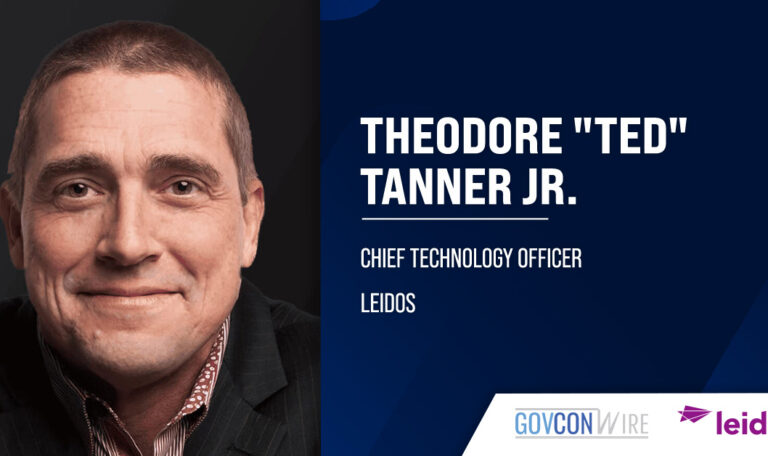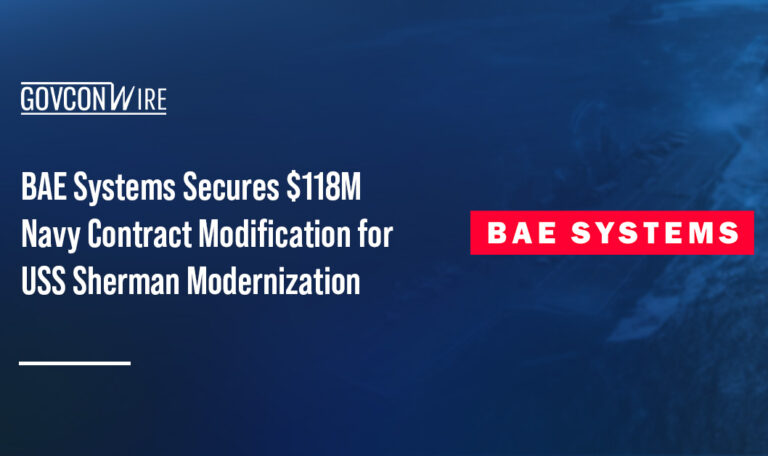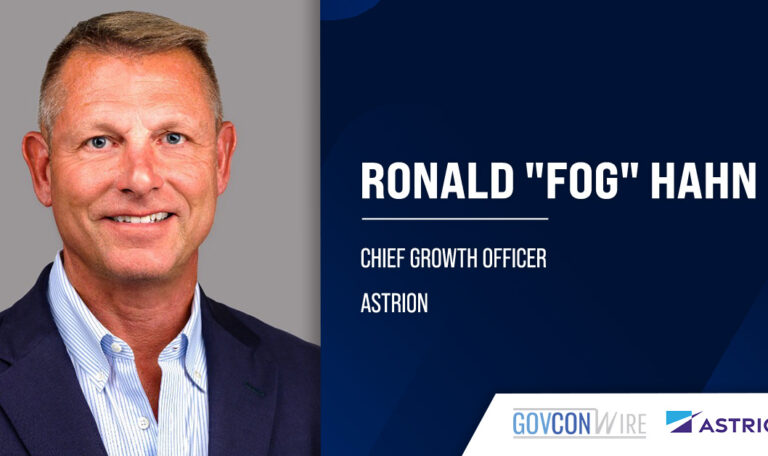The U.S. Intelligence Community is targeting artificial intelligence technology as a critical need for federal agencies in the digital age.
Artificial intelligence, or AI, was included in a list of high-priority science and technology needs in the Office of the Director of National Intelligence’s recently published S&T Investment Landscape document for fiscal years 2022-2026.
The “Landscape,” as it is referred to, aims to increase the efficiency of collaboration between public and private organizations by clearly defining the IC’s technological and research-related challenges and priorities, with the intended outcome of “generating meaningful, clearly articulated thrusts in areas critical for aligning IC S&T enterprise and partners’ pursuits with future intelligence and broader national security Needs.”
The IC is looking to AI to help process its large volumes of disparate data, flag anomalies within these massive data sets, facilitate secure data transfer across networks and perform in a wide range of other mission-critical applications.
Across the IC, agencies have placed high priority on AI and machine learning. Specifically, the National Geospatial-Intelligence Agency is laying out the information technology infrastructure to support the integration of AI/ML.
Mark Andress, NGA’s chief information officer, said the agency has already successfully freed up its human operators and analysts from some tedious, or “fundamental” tasks by implementing natural language processing that rapidly automates and disseminates geospatial intelligence.
Andress is scheduled to speak during the Potomac Officers Club’s 3rd Annual CIO Summit on Apr. 26. Register here for the in-person event.
NGA has also shifted to unclassified production and widened its collaborative opportunities with industry in regards to the integration of AI.
“On the commercial side, the huge emphasis is on automation, AI, ML,” Andress said in January. “And for us, computer vision is the big manifestation of that. And it is where we are seeing a lot of potential for partnering with industry.”
To learn more about the Intelligence Community’s current and future tech strategies, join GovCon Wire Events for its Second Annual IC Acquisition and Technology Innovation Summit on May 4.

Wash100 Award winner Dr. Stacey Dixon, principal deputy director of national intelligence, is slated to keynote the summit, which promises to gather leading voices across government and industry to discuss the IC’s procurement plans and technology priorities in the digital age.




